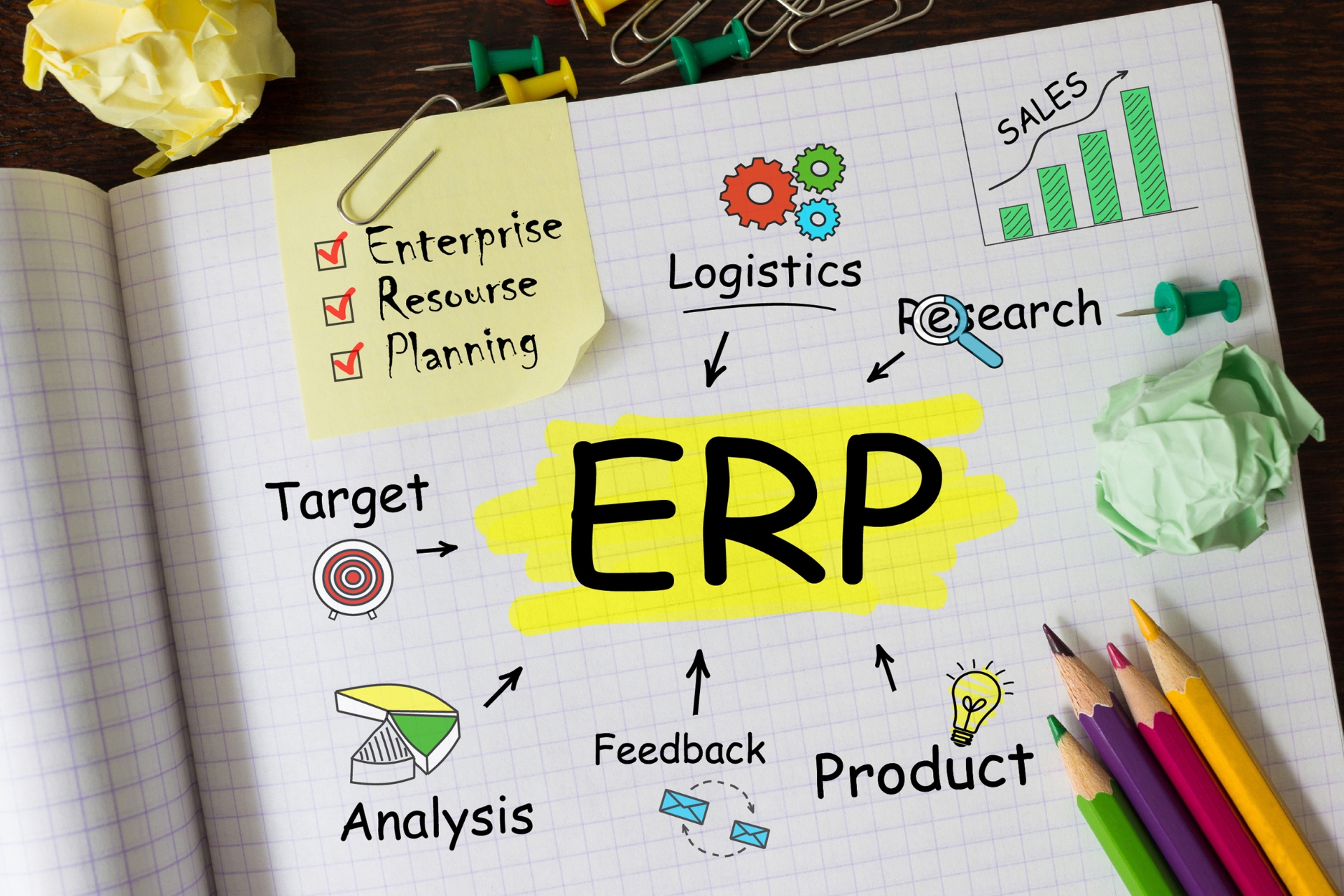Business ERP
What is Business ERP..?
ERP stands for Enterprise Resource Planning. It's a type of software that integrates core business processes, such as finance, human resources, supply chain management, manufacturing, and customer relationship management, into a single system. Essentially, ERP systems streamline business operations by automating processes and providing a central database for information sharing across departments. This integration allows for improved efficiency, better decision-making, and enhanced collaboration within an organization. Business ERP systems are typically customizable to fit the specific needs of different industries and organizations.
Benefits Of Business ERP
Streamlined Processes: ERP software integrates various business functions into one system, streamlining processes and reducing the need for manual data entry and reconciliation.
Improved Efficiency: With automation of repetitive tasks and real-time data access, ERP systems boost overall efficiency, allowing employees to focus on more value-added activities.
Enhanced Data Accuracy: Centralized data storage and standardized processes ensure data consistency and accuracy, minimizing errors and reducing the risk of discrepancies between different departments.
Better Decision-Making: ERP systems provide access to comprehensive, real-time data, enabling informed decision-making based on up-to-date information across the organization.
Cost Savings: By optimizing processes, reducing manual work, and minimizing errors, ERP systems help organizations save costs in areas such as inventory management, procurement, and production.
Improved Customer Service: Access to centralized customer data allows for better understanding of customer needs and preferences, leading to improved customer service and satisfaction.
Scalability: ERP systems are often scalable, allowing organizations to adapt and grow without significant disruptions to their operations.
Regulatory Compliance: Many ERP systems include features that help organizations comply with industry regulations and standards, reducing the risk of non-compliance penalties.
Better Supply Chain Management: ERP systems enable better coordination and optimization of supply chain processes, including inventory management, procurement, and logistics, leading to improved supplier relationships and cost savings.
Increased Collaboration: With centralized data and streamlined processes, ERP systems facilitate collaboration and communication between departments, teams, and even external partners, fostering a more cohesive work environment.












